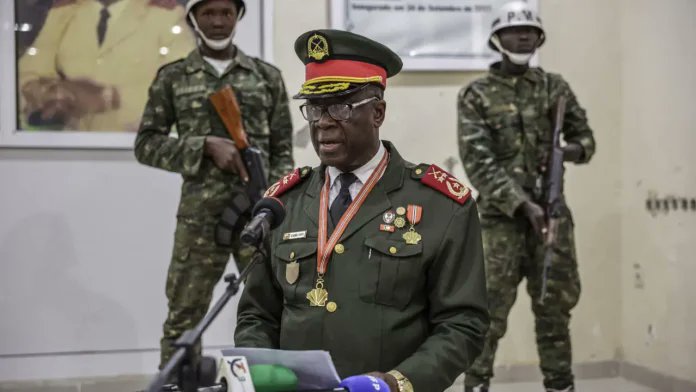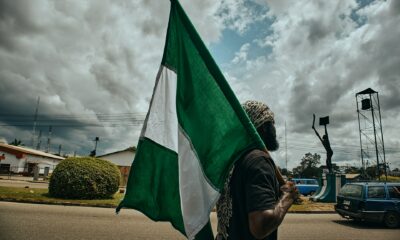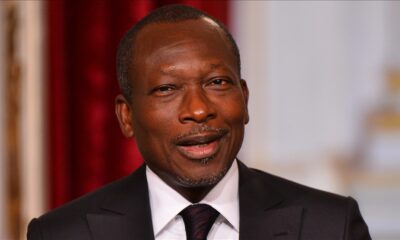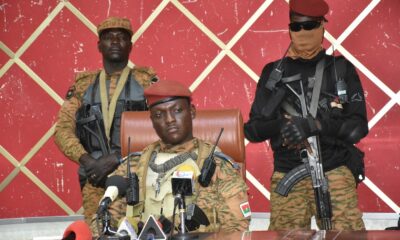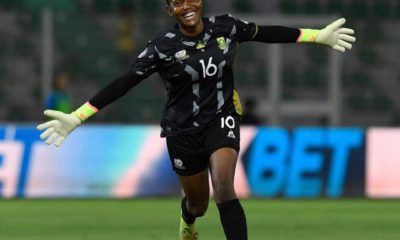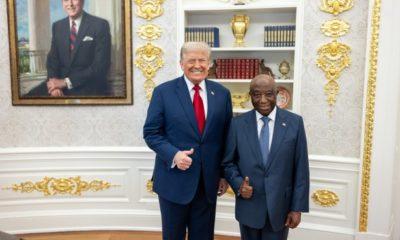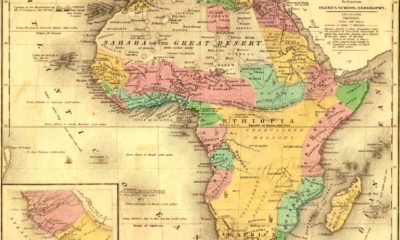In a dramatic twist following Guinea-Bissau’s military takeover, the president who was detained during the coup has now left the country, while the man who claims to have actually won the disputed election is in hiding, accusing the ousted leader of staging his own removal.
The volatile West African nation, which has experienced four coups since independence, is navigating a new and confusing political reality. President Umaro Sissoco Embalo, who had claimed victory in last Sunday’s election, was flown to Senegal on a military plane chartered by the government in Dakar.
A New Military Leader Takes Charge
As Embalo departed, the military solidified its control. General Horta N’Tam, the army chief of staff, was formally designated as the country’s leader for a one-year period. Surrounded by soldiers, he was sworn in at the military headquarters, declaring he had been installed “to lead the High Command.”
General N’Tam is considered a close ally of the now-exiled President Embalo, a connection that has fueled intense speculation about the coup’s true motives.
The Accusation from the Shadows
The plot thickened with a phone call from opposition candidate Fernando Dias da Costa, who told AFP he was safe but in hiding. He made the explosive claim that the coup was not a genuine military seizure of power but a scripted event “organised by Mr Embalo” to prevent him from taking office.
“I am the president (elect) of Guinea-Bissau,” Dias asserted, stating he believed he had won around 52% of the vote. He recounted narrowly escaping arrest when armed men came to his campaign headquarters on Wednesday.
His allegations suggest the power grab was a convoluted maneuver by Embalo to cling to power by orchestrating a crisis that would invalidate an electoral loss, with the intention of potentially returning after negotiations.
A Capital at a Standstill
On the ground, the capital city Bissau was at a standstill. Most shops and markets were closed, with soldiers patrolling the streets. The new military leaders initially banned all media programming and outlawed protests, though they later lifted a nationwide curfew and ordered the reopening of markets and schools.
The international community, including the UN and the regional bloc ECOWAS, has condemned the coup. ECOWAS has suspended Guinea-Bissau from its decision-making bodies until constitutional order is restored.
For the weary citizens of Guinea-Bissau, a nation plagued by poverty and political instability, the latest crisis is a devastating blow. “Every time we feel hopeful about the country, a crisis occurs,” said a local soap seller, capturing a nation’s despair. “This can’t go on.”
